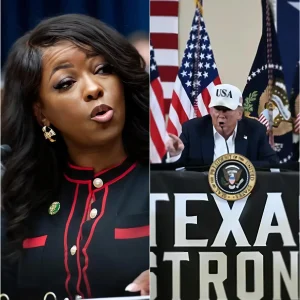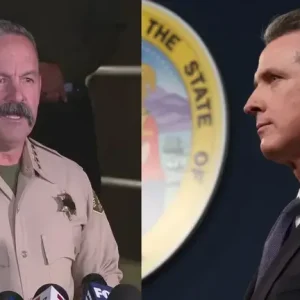In a dramatic escalation of tensions between the executive and judicial branches, President Donald Trump’s administration has been accused of orchestrating the abrupt dismissal of several Democratic-appointed federal immigration judges, with reports of them being escorted out of courthouses on August 22, 2025. The move, which critics call a blatant attempt to consolidate power, has ignited a firestorm of controversy, with legal experts warning that it threatens the independence of the judiciary and the rule of law. The firings, reported by conservative outlet Conservative Brief, come amid Trump’s broader push to reshape the federal government, raising alarms about authoritarian tactics and prompting fierce backlash from Democrats and civil liberties advocates.
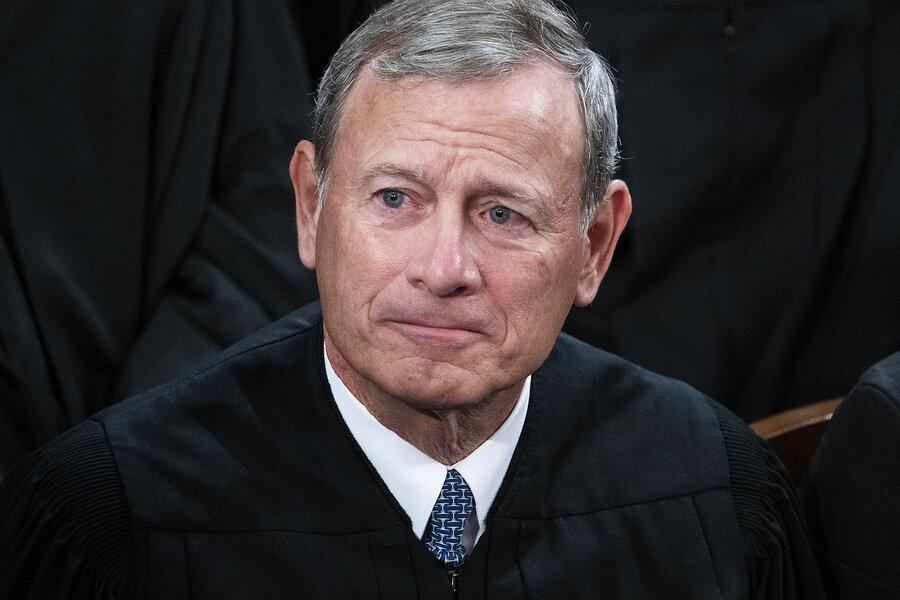
According to sources, approximately 50 immigration judges, many appointed during the Obama and Biden administrations, received terse three-line emails notifying them of their immediate termination. The dismissals, which took place in courts across Massachusetts, California, and Louisiana, were executed without public explanation, fueling speculation that the judges were targeted for rulings that conflicted with Trump’s aggressive immigration agenda. One notable case involved Judge Carla Espinoza in Chicago, who was dismissed after releasing a Mexican national flagged by Homeland Security. Critics, including the judges’ union president Matt Biggs, argue that the firings exacerbate an already crippling backlog of over three million immigration cases, with Biggs stating, “This is pure hypocrisy. We shouldn’t be firing judges, we should be hiring them.”
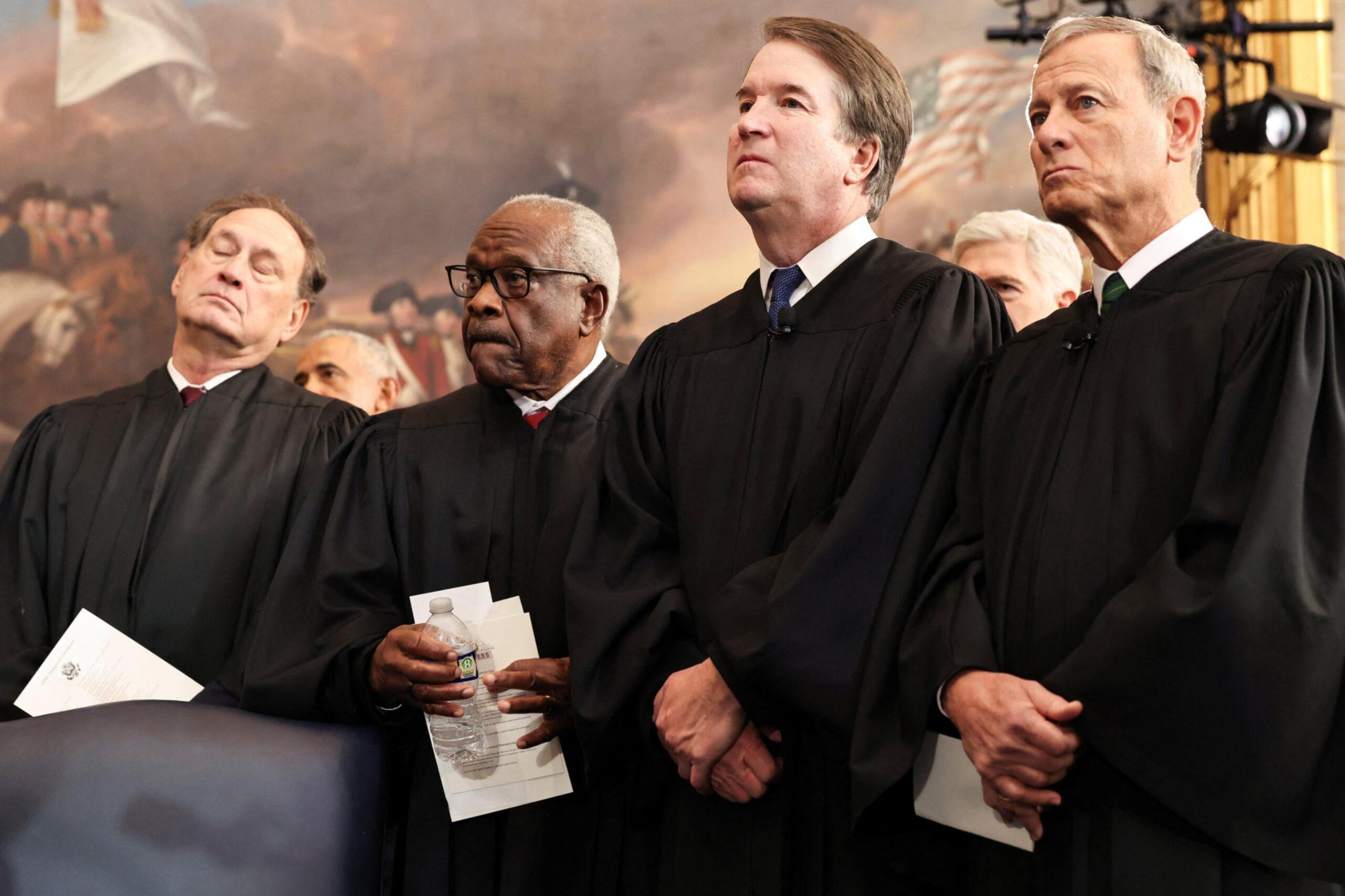
The administration’s actions follow a pattern of challenging judicial authority, as evidenced by Trump’s earlier defiance of court orders. On March 17, 2025, U.S. District Judge James Boasberg issued an emergency order to halt the deportation of Venezuelan nationals under the Alien Enemies Act, only for the administration to proceed with the deportations, prompting accusations of contempt of court. Legal scholar Samuel Bray noted, “If a court gives an order and the party disobeys it, that’s contempt,” highlighting the unprecedented nature of the administration’s actions. The recent firings appear to be an extension of this strategy, with Trump’s allies, including Attorney General Pam Bondi, accusing judges of obstructing national security priorities.
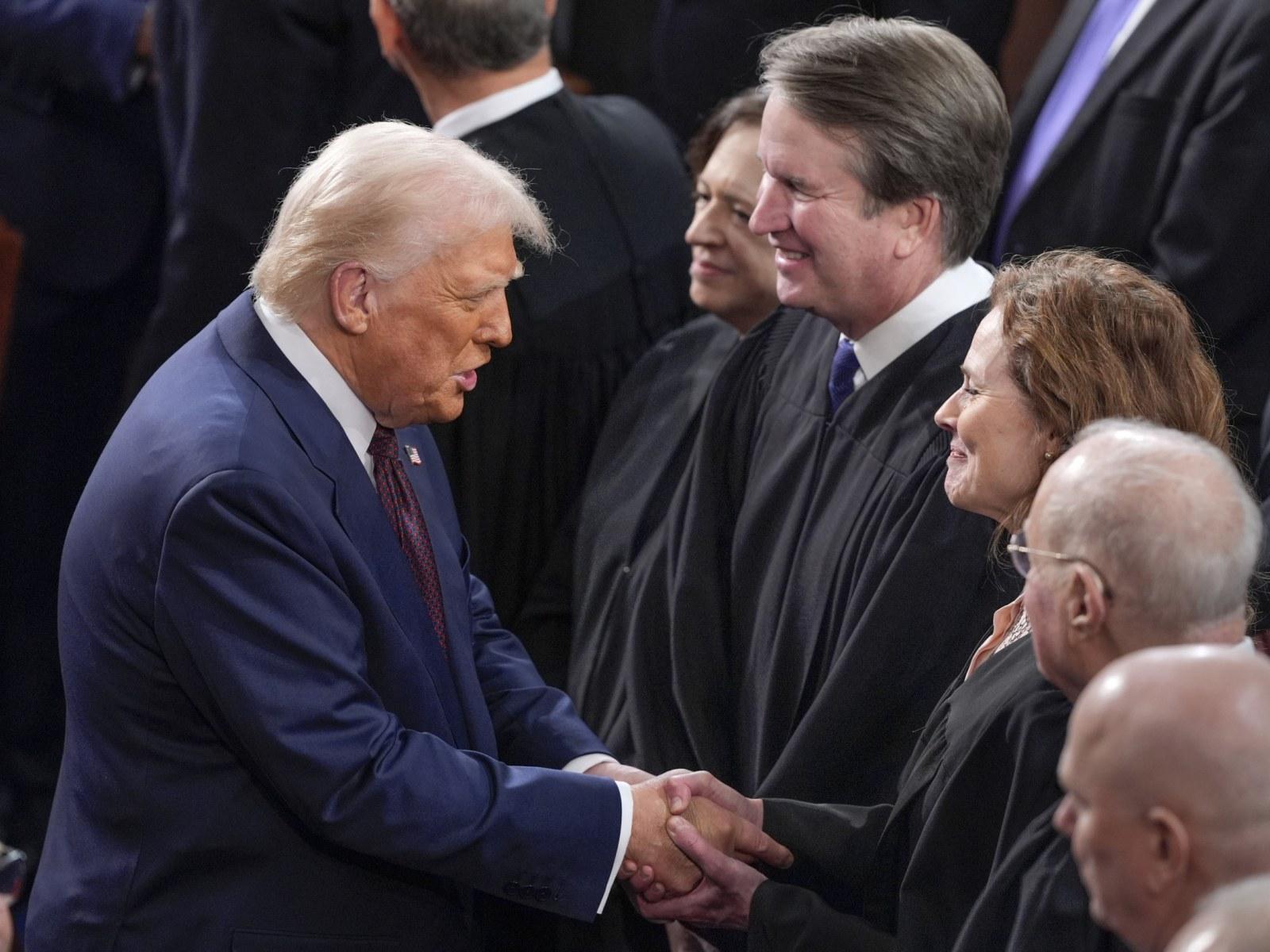
Conservative supporters, however, frame the dismissals as a necessary “draining of the swamp.” Erez Reuveni, a former DOJ lawyer, claimed the judges had operated without oversight, granting undue privileges to undocumented immigrants. On X, posts echoed this sentiment, with @EricLDaugh decrying “Obama judges” for allegedly undermining Trump’s policies. Yet, the lack of transparency in the firings has drawn scrutiny, with Jennifer Peyton, an Obama-era appointee, claiming her termination was retaliatory despite her glowing performance reviews. The International Federation of Professional and Technical Engineers, representing immigration judges, has filed a class appeal, asserting that the dismissals violate civil service protections.
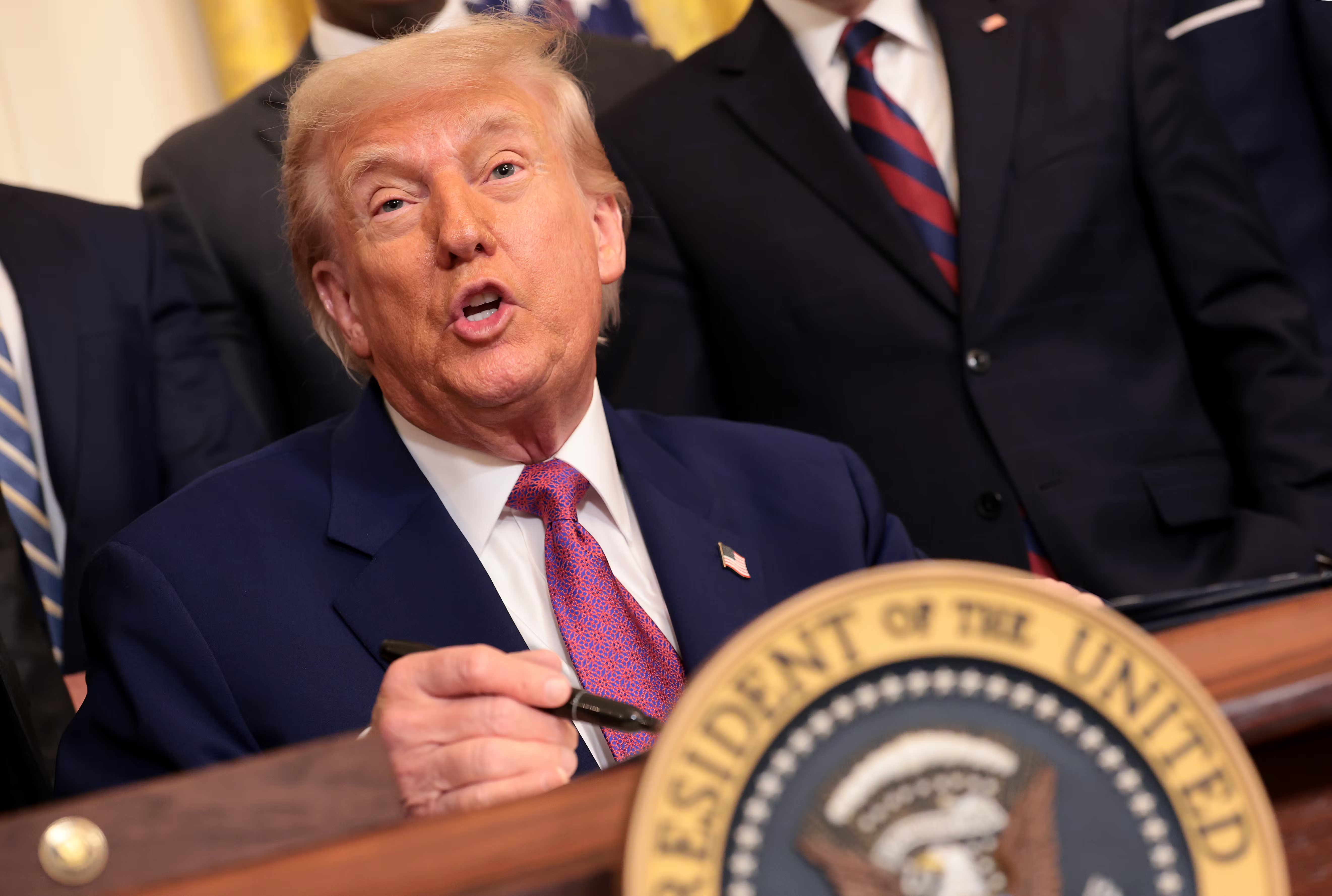
The broader context of Trump’s judicial confrontations paints a troubling picture. Since returning to office in January 2025, the administration has fired thousands of federal workers, closed agencies like the U.S. Agency for International Development, and challenged court orders on issues ranging from immigration to federal funding. Legal experts, including Kim Wehle of the University of Baltimore, warn that these actions represent an “accumulation of power in one person, which is antithetical to our constitutional democracy.” The Supreme Court, with three Trump-appointed justices, has largely remained on the sidelines, but upcoming appeals could test its willingness to curb executive overreach.
Democrats have responded with outrage, with Sen. Dick Durbin calling the firings an “abuse of power.” Meanwhile, posts on X from @AP on August 23, 2025, reported a federal judge’s ruling against the administration’s attempts to withhold funding from cities with immigration policies it opposed, further highlighting judicial resistance. The controversy has also drawn international attention, with El Salvador’s President Nayib Bukele mocking U.S. judges, a stance amplified by Trump’s supporters.
As the nation grapples with these developments, the firings underscore a deepening divide over the role of the judiciary in checking executive power. Critics argue that Trump’s actions signal a dangerous erosion of democratic norms, while supporters view them as a bold correction of a politicized system. With the courts facing unprecedented pressure and the public polarized, the fallout from these dismissals is likely to reverberate through the 2025 election cycle, raising critical questions about the future of judicial independence in America.


